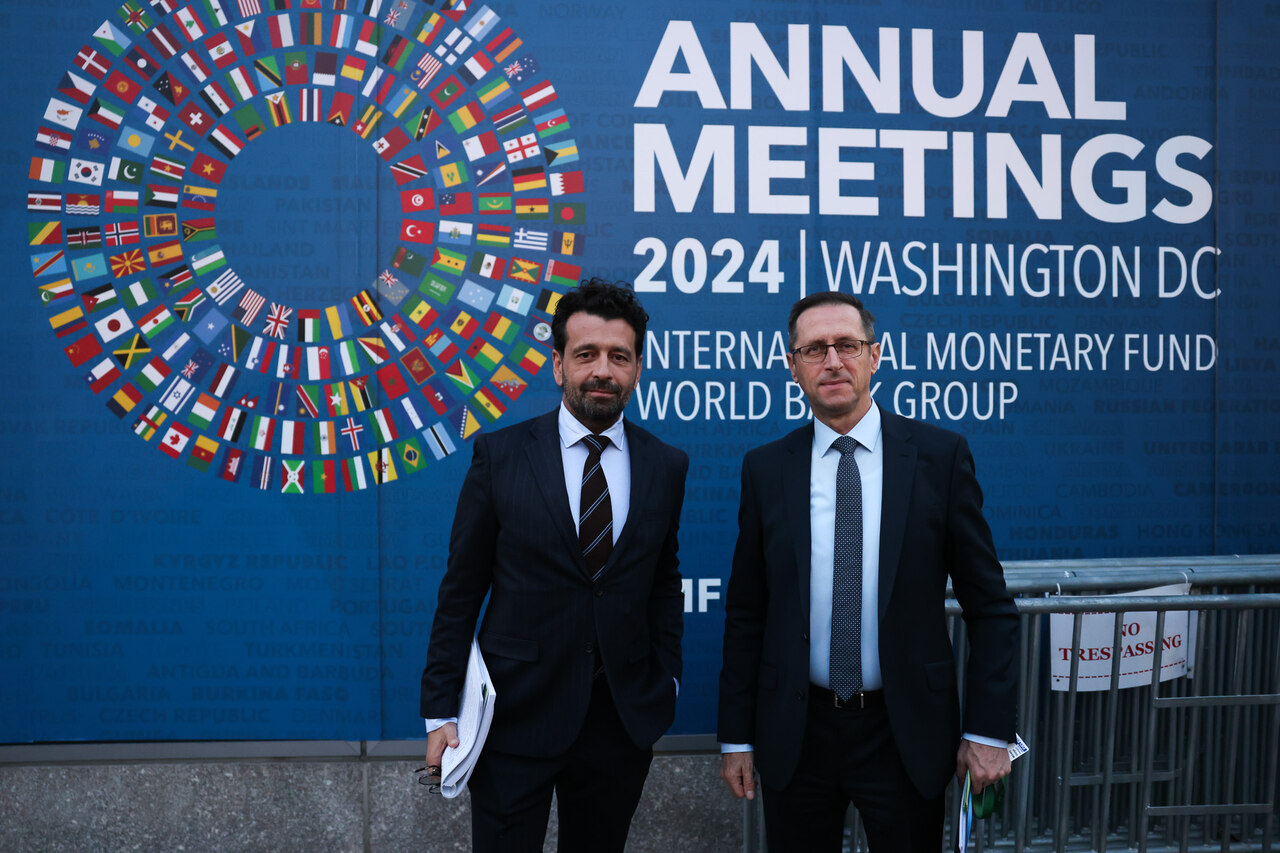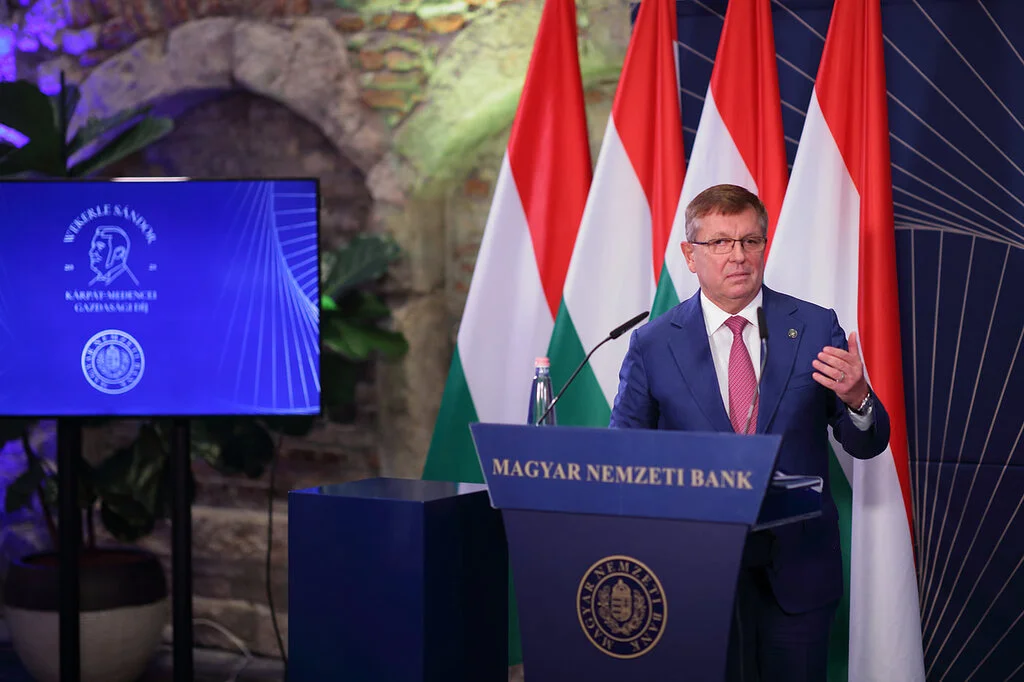Hungarian finance minister highlights growing economic ties with Georgia in Tbilisi meeting

Finance Minister Mihaly Varga met with his Georgian counterpart, Lasha Khutsishvili, in Tbilisi, his ministry said on Tuesday.
The minister noted that bilateral economic relations are strengthened by the fact that in recent years, agreements on the avoidance of double taxation, the facilitation of customs procedures, the cooperation between tax authorities and the exchange of experiences were concluded.
Hungarian companies are entering the market in Georgia with increasing success, mostly supplying pharmaceutical, vehicle and machinery products, he added.
During the meeting, Varga noted that bilateral trade had increased by 12pc and Hungarian exports by 17pc in the first eight months of the year.
Varga said Georgia is also interested in Hungarian experiences in cracking down on tax evasion and debt management.
Within the framework of a cooperation agreement on e-taxation signed last year, Hungary is helping the development of the Georgian tax system with its experiences with pre-filled personal income tax returns and innovations related to online cash registers and vehicle taxes, he added.
Nagy: Hungary supports Georgia’s EU aspirations and expanding economic cooperation
National Economy Minister Márton Nagy met with Georgian Vice Prime Minister and Minister of Economy and Sustainable Development Levan Davitashvili, in Tbilisi, his ministry said on Tuesday.
Nagy expressed his congratulations on the victory of the ruling party in the Georgian parliamentary elections. During the meeting the ministers reviewed the global economic trends and bilateral economic relations.
The sides agreed that cooperation between Hungary and Georgia has steadily developed in recent years, including in the energy, pharmaceutical and food industry sectors.
Nagy noted that Georgia is Hungary’s 74th largest trade partner, bilateral trade volume has increased by 12pc so far this year and the government wants to further increase the trade in goods.
The strengthening of economic cooperation with Georgia is an opportunity not only for Hungary, but also for the EU as a whole. Therefore, Hungary continues to support Georgia’s EU integration efforts. Hungary strives for cooperation with everyone based on mutual respect, further strengthening the role of our country as a bridge where Western and Eastern capital and technology are connected, he added.
Read also:





















